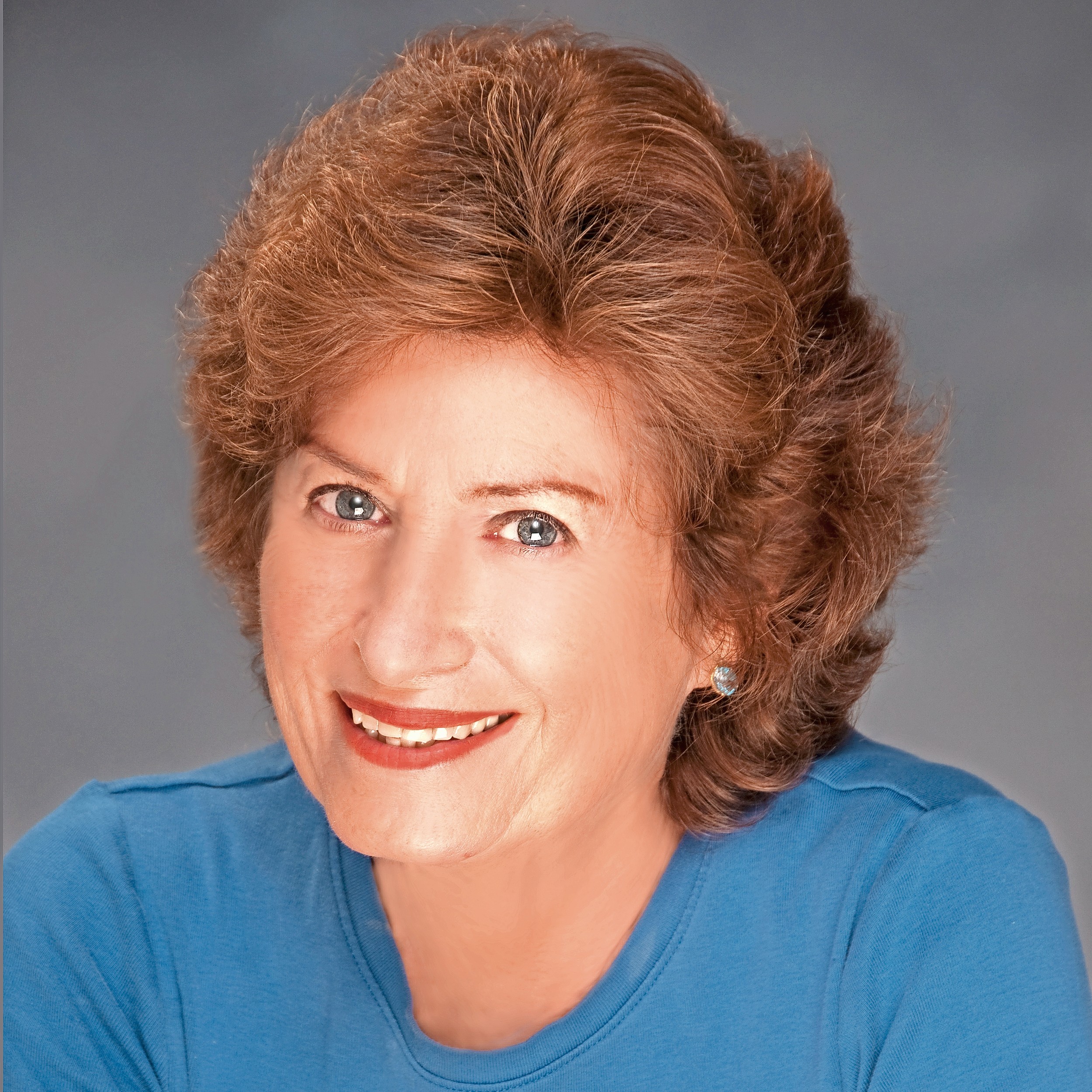Read it and weep: ‘1984’ by George Orwell
The day after Kellyanne Conway stepped up to the microphone and suggested that there were “alternate facts” regarding crowd size at the President Trump’s inauguration, Penguin Books launched a 75,000-copy reprinting of “1984” by George Orwell. The book shot up to number one on Amazon. All over the country, people rummaged through basements looking for copies of the book they had stored away back in the day.
That particular turn of phrase, “alternate facts,” triggered a visceral memory in millions of people who read the novel over the last 70 years. Certain scenes are etched in the mind: The horrific rat cage torture. Room 101. Posters of Big Brother proclaiming the three guiding principles of the regime: War is Peace, Freedom is Slavery, Ignorance is Strength.
Today Big Brother seems like a terrible cliché until you realize that Orwell invented him when he wrote the book. He envisioned a time when the world would be divided into three super states, constantly at war, and one of the states, Oceania, would exist under the savage rule of Big Brother and his loyal minions in The Party.
I read the book as a teenager, and I read it again two weeks ago. Let me tell you, in the age of Trump, it isn’t your grandma’s “1984.” When I read it as a kid, I experienced the book as a futuristic horror story. It was far removed from any reality I could imagine.
Orwell, however, had lived through two world wars and the emergence of Stalin. He saw a real threat in governments that would curtail personal freedom, challenge objective truths, scapegoat minorities and elevate despots to positions of absolute power.
I, on the other hand, had no memories of WWII, and I came of age in the Camelot years. How could I possibly take seriously a book that imagined torturing someone to the degree that he would not only say that 2 plus 2 equals 5, but would come to believe it because Big Brother said so? How could I envision a time when a government would control not only actions, but also thoughts? And how could I foresee 2018 when the imaginary “telescreen” created by Orwell sits on everyone’s desk in the form of computers and webcams and Alexa and spy cams? Orwell’s telescreen spied on people in their apartments, watched everything they did, analyzed their facial expressions and observed them as they slept. It sounds like something National Security Agency officials would covet, unless they have it already.
As reviewer Ron Charles wrote in a recent essay in The Washington Post, in “1984,” Orwell was describing the basic tendency of leaders and governments to cement their authority by whatever means they deem appropriate. Dictators and tyrants believe any means are OK, so they attack the free press, demonize political enemies (Democrats as traitors for not applauding the State of the Union address), co-opt competing branches of government (attacks on the FBI and CIA), and sow chaos and instability.
Orwell ties the rise of dictatorships to a degradation of language, a banishing of literature and art and the introduction of words and phrases favored by the regime. “Fake news,” anyone? “Lock her up?”
One of the main themes of “1984” is that personal freedom and political liberty are inextricably tied to reading and writing. In the world of Big Brother, where books are banned, all writing is censored and free speech is forbidden. The hero’s fatal act of rebellion is to buy a diary and begin writing in it. All that follows comes from the moment he put a pen to paper.
We never read the same book twice, even when we reread it. I came away from my recent experience with “1984” with three new realizations:
• The cries of alarm over Trump’s threat to democracy are valid, and the resistance must be unrelenting.
• We had better learn from our mistakes. Many brushed off the possibility of a buffoon winning the election that we let our guard down.
• Every one of us can stand up for personal freedom by speaking truth to power and taking pen to paper. We can stand up for political freedom by voting and encouraging others to vote.
The right to vote never seemed as precious as it does today. If you need convincing, pick up a copy of “1984.” As Ron Charles said, “President Trump may not be a big reader, but he’s been a boon for sales of dystopian literature.”
Copyright 2018 Randi Kreiss. Randi Kreiss may be reached at 516-569-4000 or via-email at randik3@aol.com.






